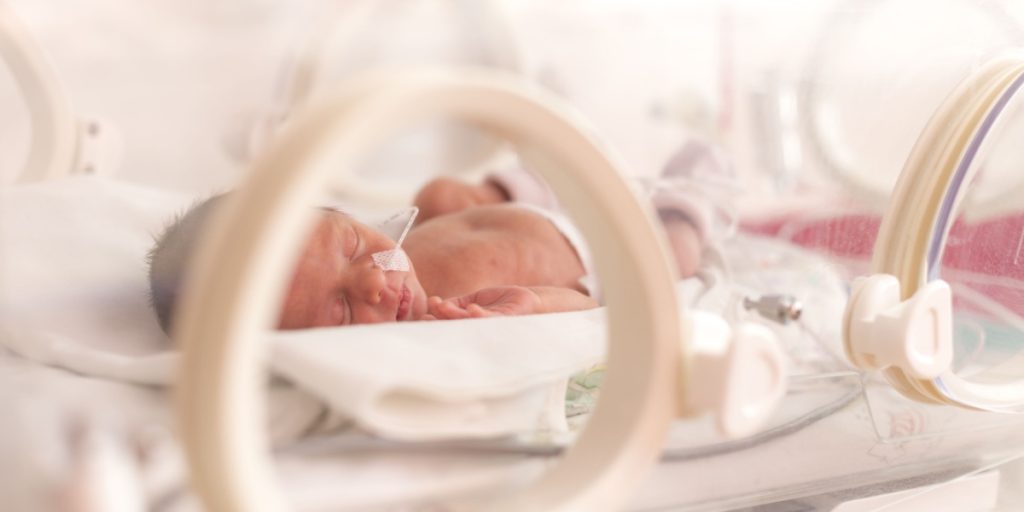A U.S. study tested whether extended caffeine therapy could speed up hospital discharge for premature babies. The results were not what doctors expected.
Others are reading now
Caffeine isn’t just for exhausted new parents — it’s also being tested as a treatment for premature babies. And now, a large new study has revealed what happens when that treatment continues even after infants leave the hospital.
Doctors have long used caffeine to help premature infants who suffer from apnea — a condition where breathing temporarily stops.
But until now, it was unclear whether continuing caffeine therapy after discharge could help babies go home sooner or lead to better outcomes.
The MoCHA Study
Researchers in the United States launched the MoCHA study, involving 827 infants born between weeks 29 and 33 of pregnancy at 29 hospitals.
Also read
All babies were given caffeine while in the hospital, as is standard practice.
But when it came time for discharge, the babies were split into two groups: one continued caffeine treatment at home for 28 days, while the other group received a placebo.
The researchers hoped that prolonged caffeine therapy would shorten hospital stays.
However, the study found no difference in discharge timing between the two groups.
While babies who continued taking caffeine became free of apnea episodes more quickly, they still weren’t sent home earlier.
Why? Because doctors ultimately base discharge decisions on whether babies can feed on their own and gain enough weight — not just on breathing stability.
The Upsides — and a Few Surprises
Still, the study did uncover some interesting benefits and side effects.
Babies who remained on caffeine were apnea-free sooner, which could lead to a smoother transition home.
But researchers also observed a slightly higher rate of heart palpitations and less initial weight gain among caffeine-treated infants. There was no difference between the groups in terms of readmission rates or serious medical complications.
Caffeine didn’t shorten hospital stays for premature infants — but it may still help make breathing more stable during the early weeks of life. Researchers say this could influence future treatment plans, especially for parents navigating the fragile period after neonatal care.


